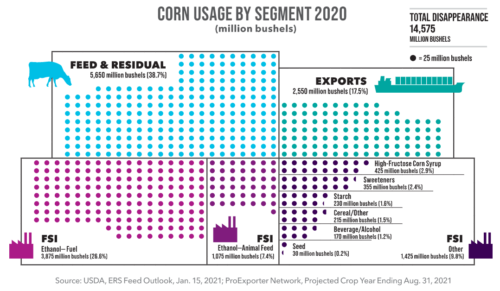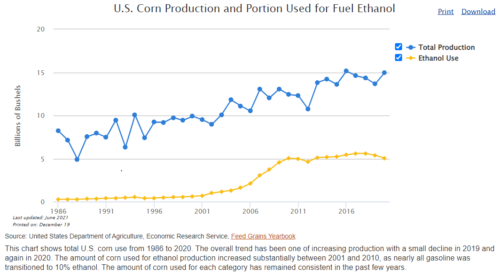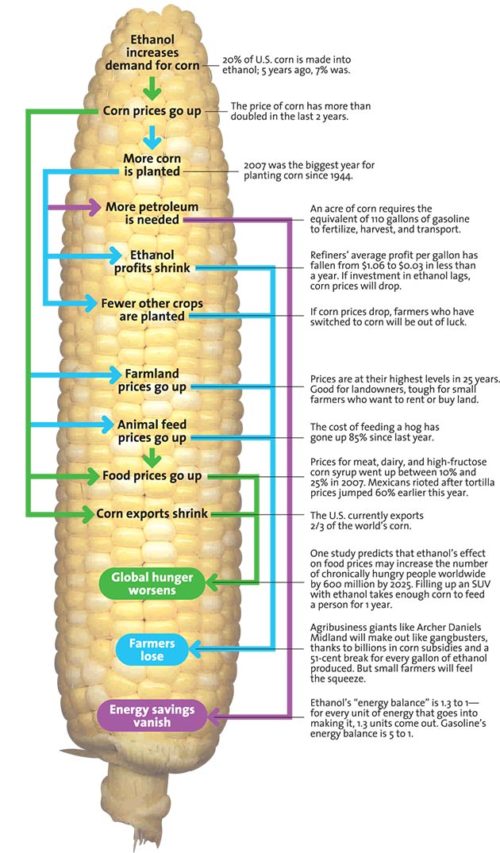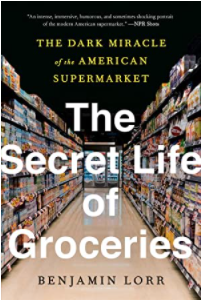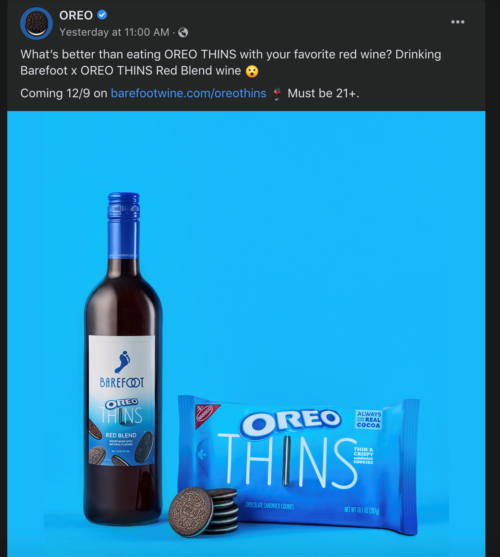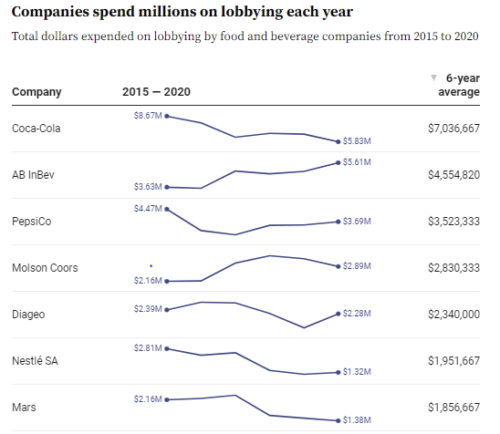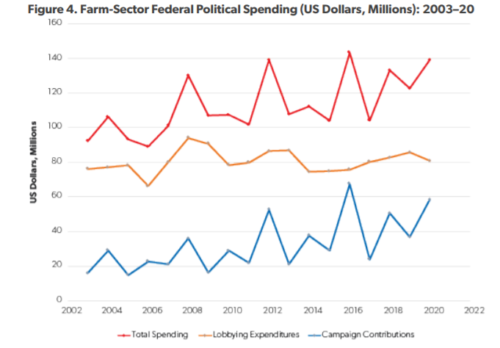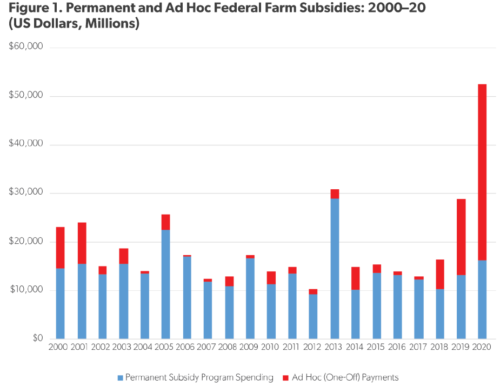Two studies of the role of nuts in health.
I. This one comes from ObesityandEnergetics.org’s “Headline vs. Study.”
Headline: Maximum Wellness: Walnuts are a Life-Extension Food: “Looks like your [sic] nuts not to include walnuts in your diet. For more information and to read this study…go to maxwellnutrition.com, where you can find top wellness and nutrition products made in the United States – shipped to your door.” [Comment: Clearly, we are dealing here with marketing]
Study: Association of Self-Reported Walnut Consumption with Total and Cause-Specific Mortality and Life Expectancy in U.S. Adults. Maximum Wellness nor Causation Necessarily Established. Liu, X.; Guasch-Ferré, M.; Tobias, D.K.; Li, Y. Nutrients 2021, 13, 2699. https://doi.org/ 10.3390/nu13082699
Conclusion: A greater life expectancy at age 60 (1.30 years in women and 1.26 years in men) was observed among those who consumed walnuts more than 5 servings/week compared to non-consumers. Higher walnut consumption was associated with a lower risk of total and CVD mortality and a greater gained life expectancy among U.S. elder adults. [Comment: association, not causation, and the difference is small].
Conflict of interest: The last (senior?) author reports having received research support from California Walnut Commission, but states that ” The funder has no role in the design and conduct of the study, in the collection, analysis, and interpretation of the data, and in the preparation, review, or in the decision to publish the results.” [Comment: That’s what they all say, but research often demonstrates otherwise, as I review in my book Unsavory Truth].
And now for the second:
II. Association of nut consumption with risk of total cancer and 5 specific cancers: evidence from 3 large prospective cohort studies. Zhe Fang, You Wu, Yanping Li, Xuehong Zhang, Walter C Willett, A Heather Eliassen,1Bernard Rosner,
Mingyang Song, Lorelei A Mucci,and Edward L Giovannucci. The American Journal of Clinical Nutrition, Volume 114, Issue 6, December 2021, Pages 1925–1935, https://doi.org/10.1093/ajcn/nqab295
Conclusion: In 3 large prospective cohorts, frequent nut consumption was not associated with risk of total cancer and common individual cancers. [Comment: What? An industry-funded study that finds no benefuts?]
Funding: Supported by the California Walnut Commission and Swiss Re Management Ltd (to YL),… and NIH grants U01 CA167552 (to LAM and the Health Professionals Follow-up Study), UM1 CA186107 and P01 CA87969 (to the Nurses’ Health Study), and U01 CA176726 (to AHE and the Nurses’ Health Study II). The funding sources did not participate in the study design; or
collection, analysis, or interpretation of the data; or preparation, review, or approval of the manuscript.
Here’s how the authors explain their highly unusual no-benefit result:
Given the scarcity of available high-quality data, our findings add to current evidence to more precisely determine the relation between nut consumption and cancer risk. So far, the population based evidence has not been strong enough to conclude that nut consumption is protective against total cancer and these 5 common cancers. Future studies on other cancer sites are still needed to examine the benefits of nuts on cancer development.
Really? Why? Do the authors not believe their own data? Their findings ought to settle the matter and encourage the authors to move on to more significant research. “More research needed” keeps the California Walnut Commission busy.
Research funded by food companies always requires a degree of skepticism, no matter what the results.


